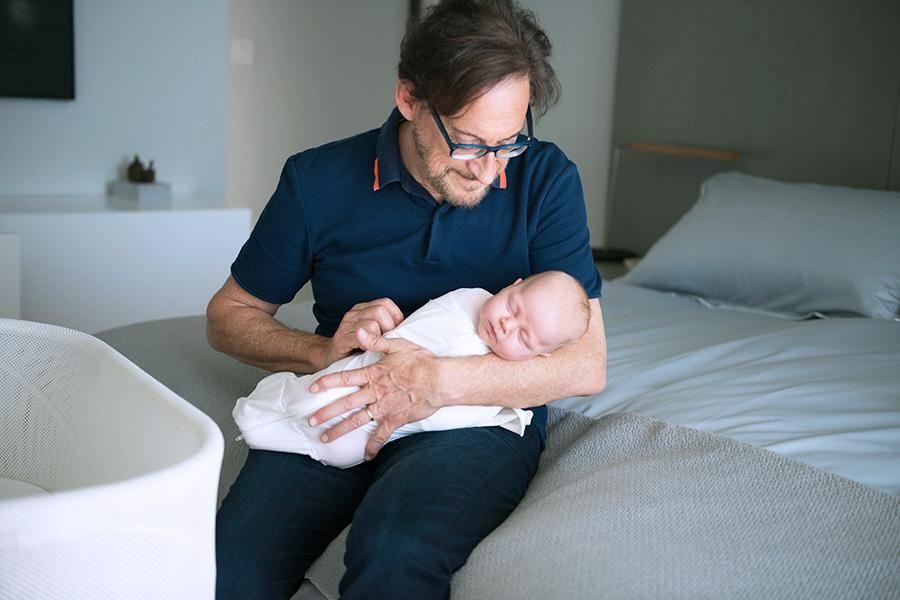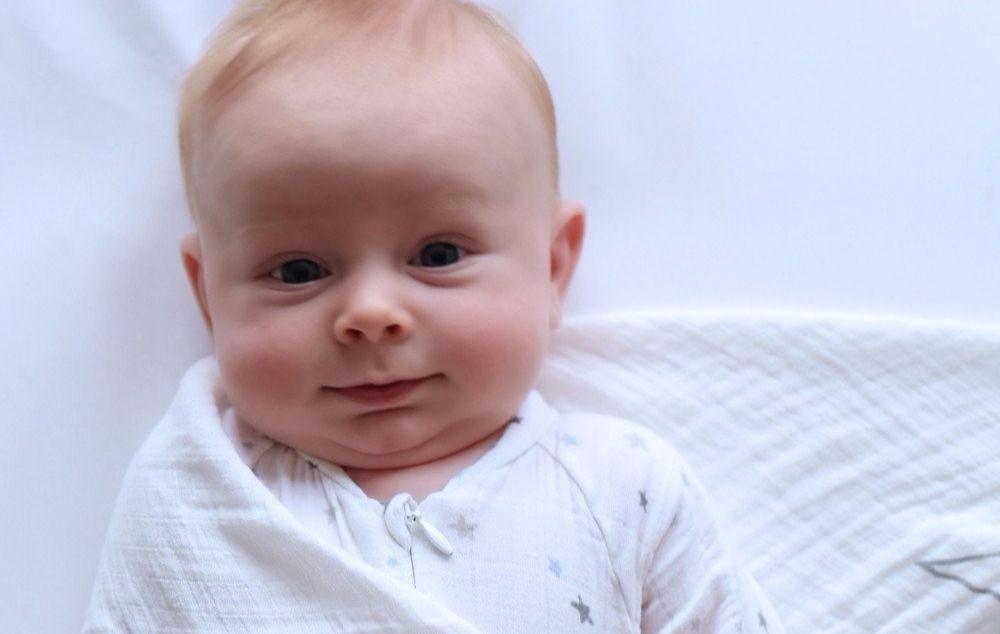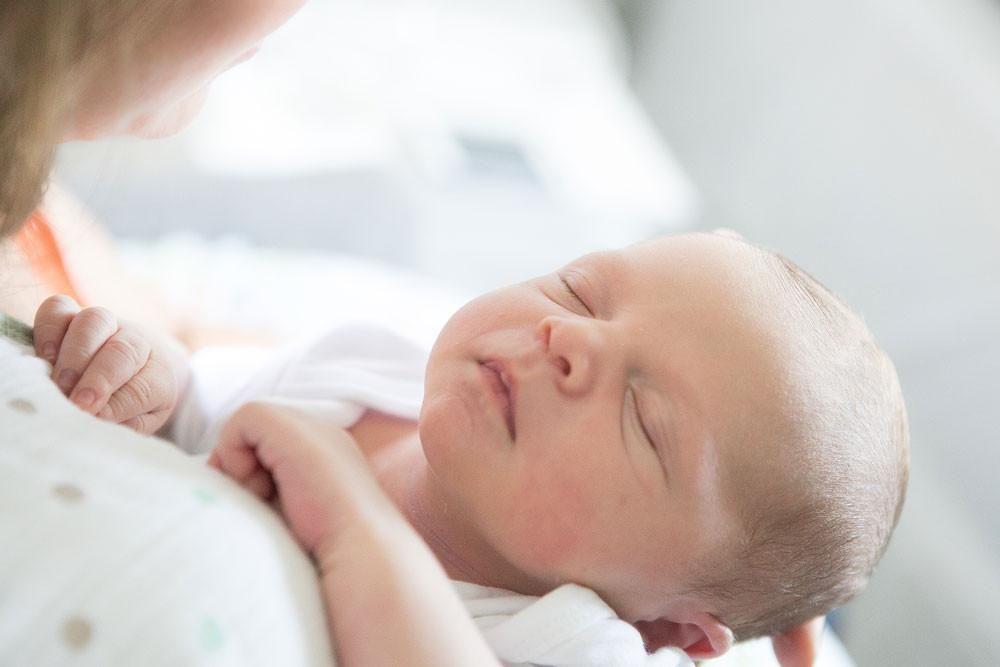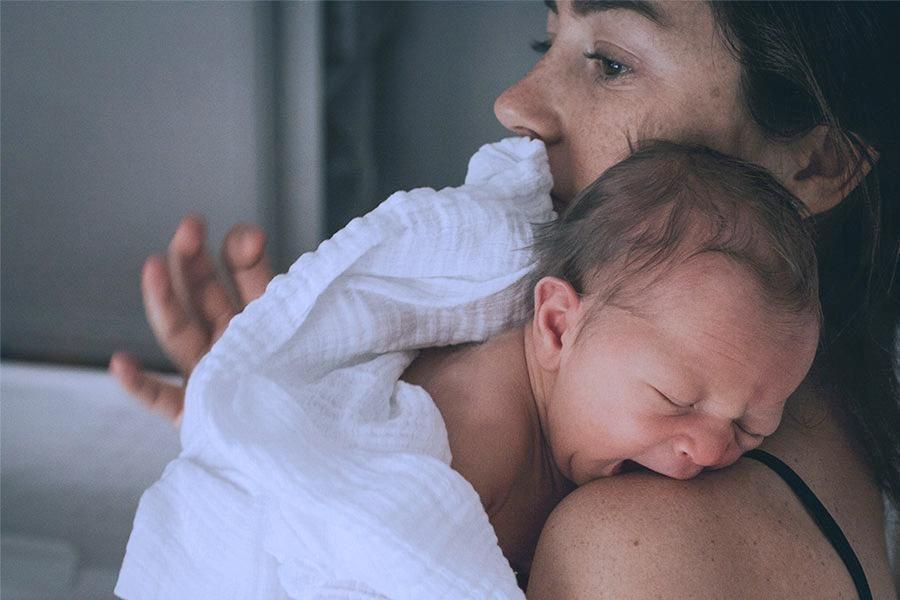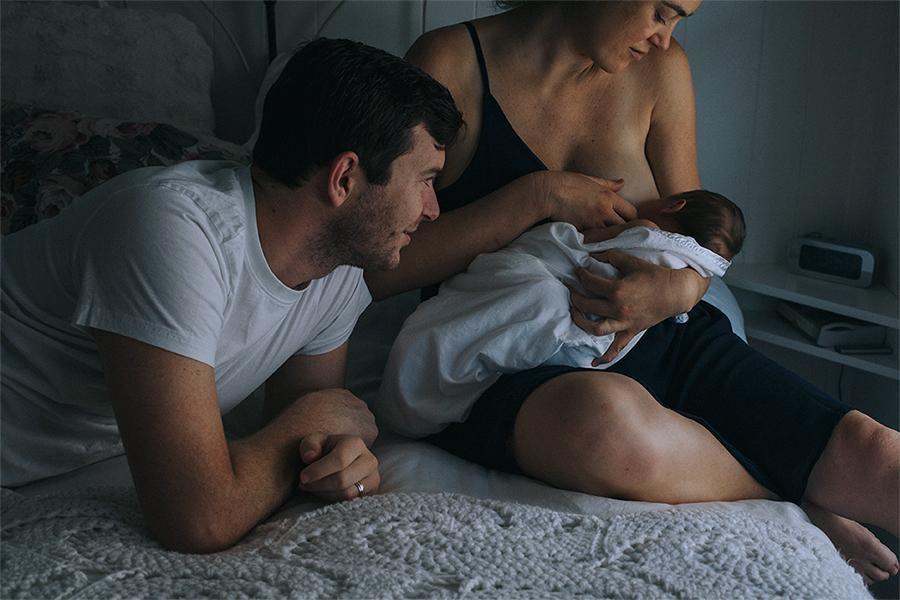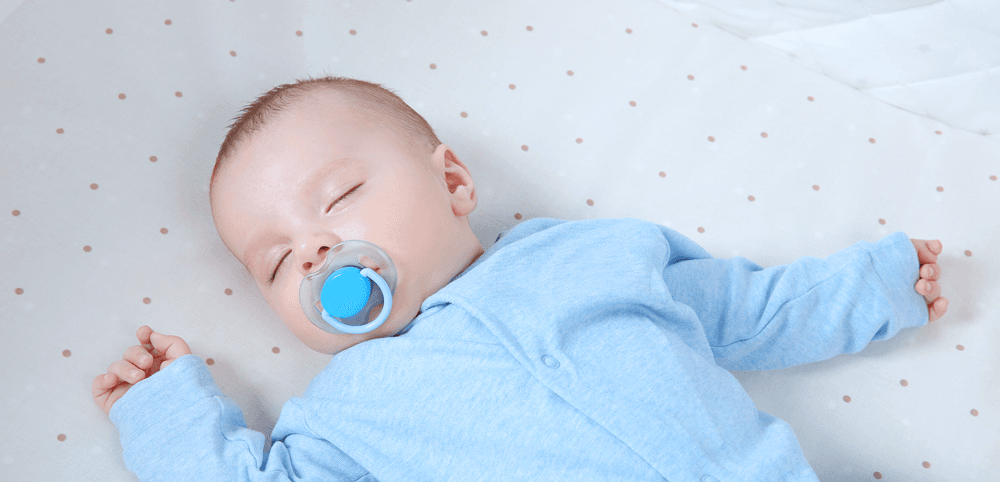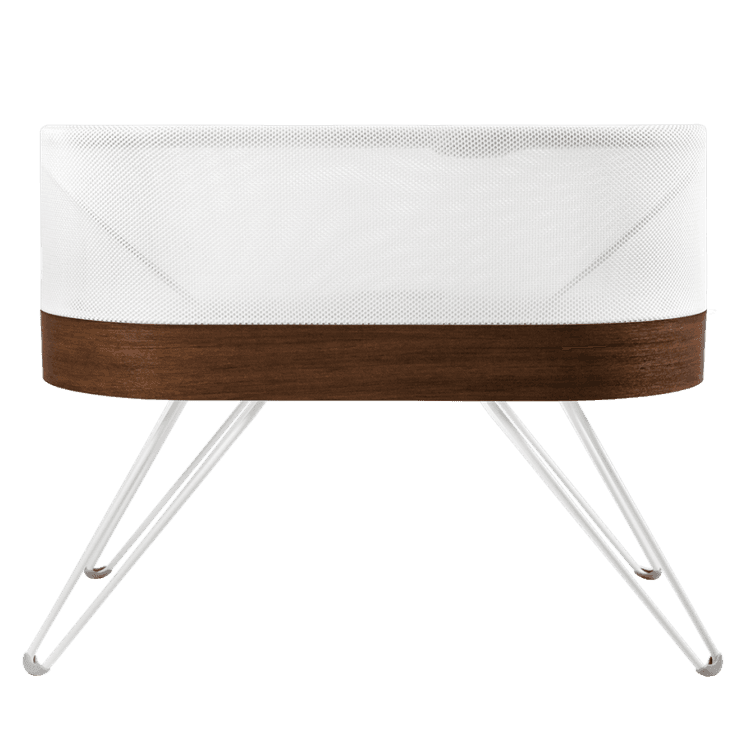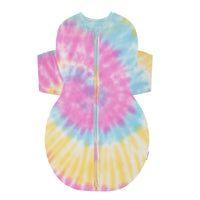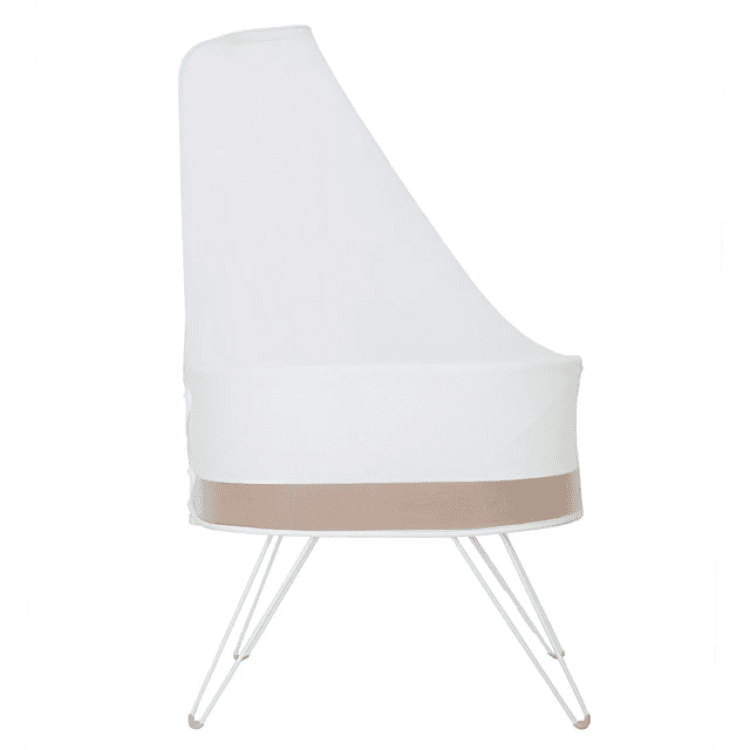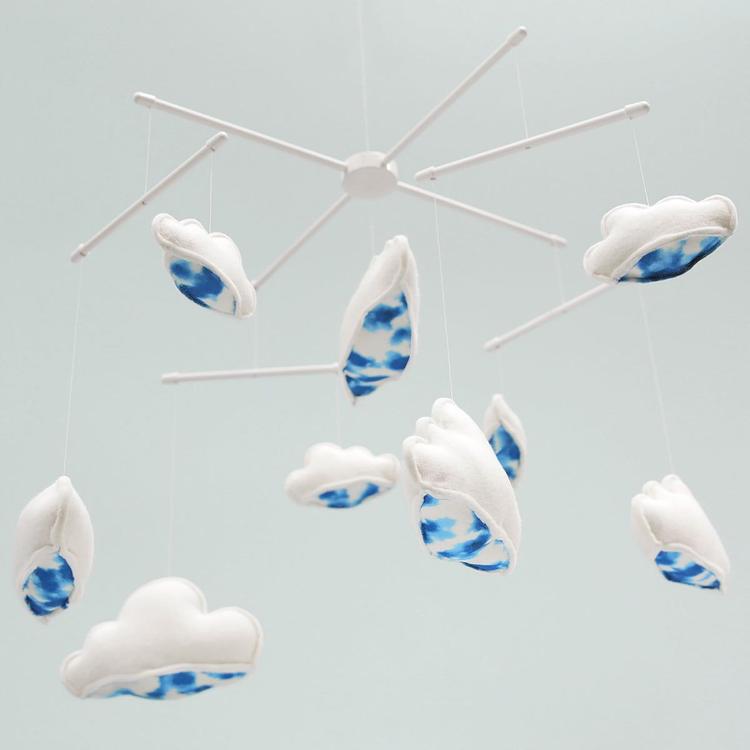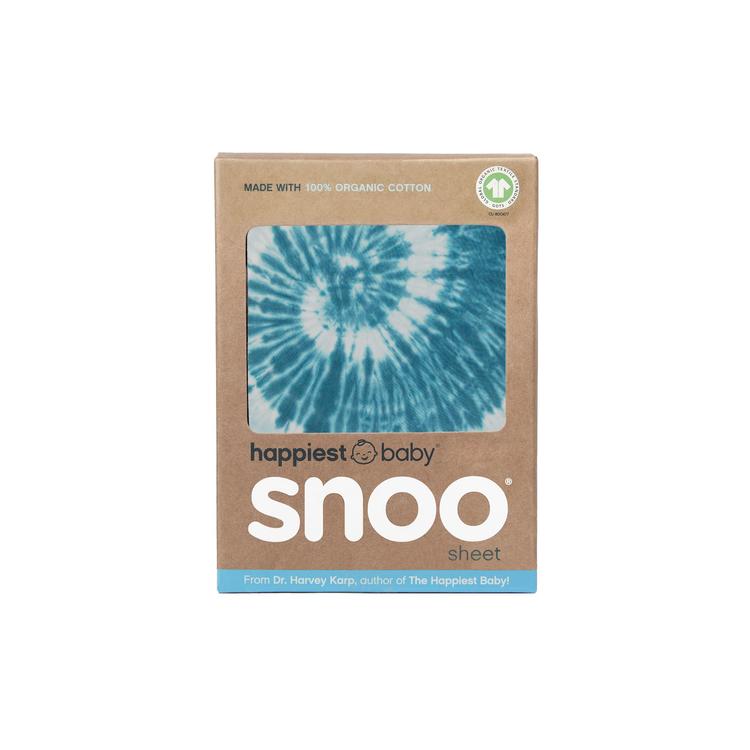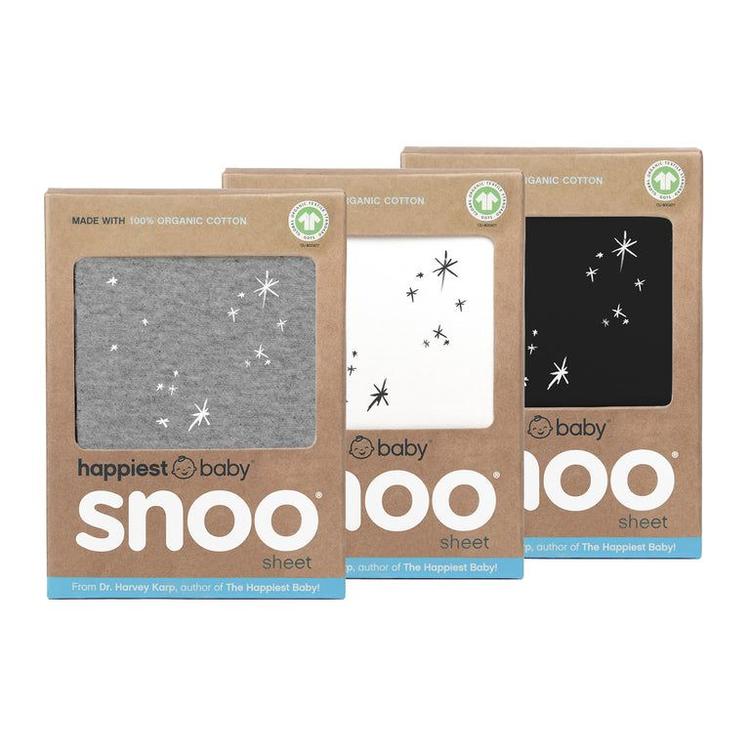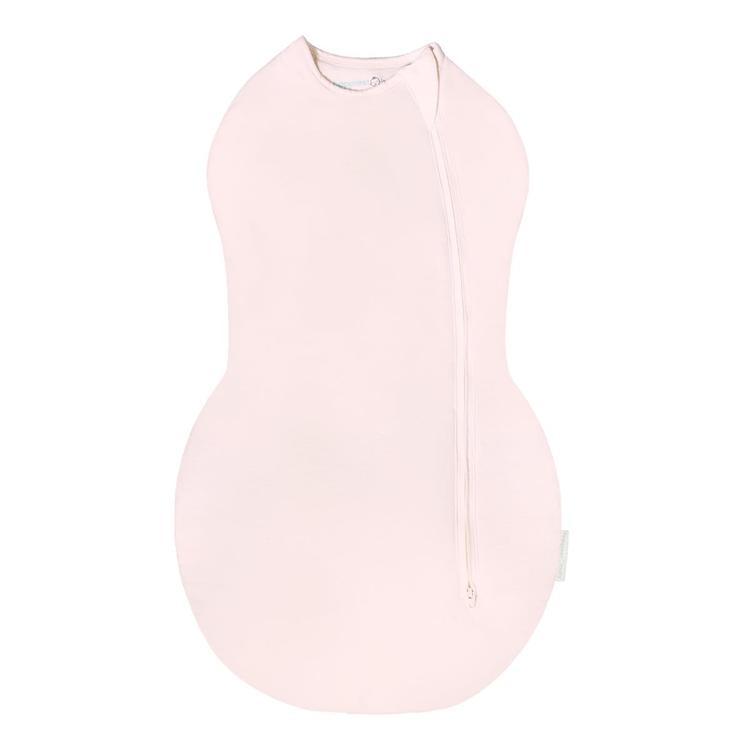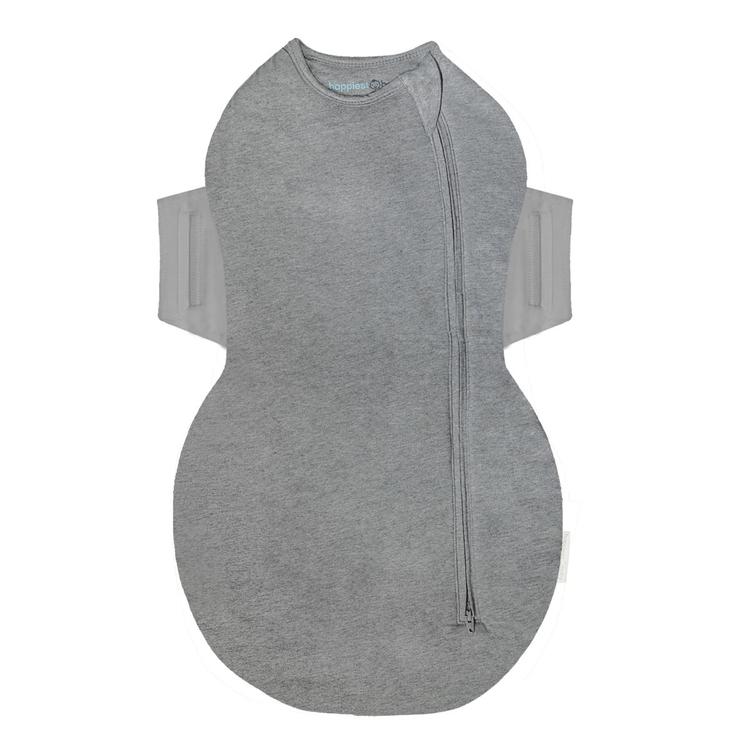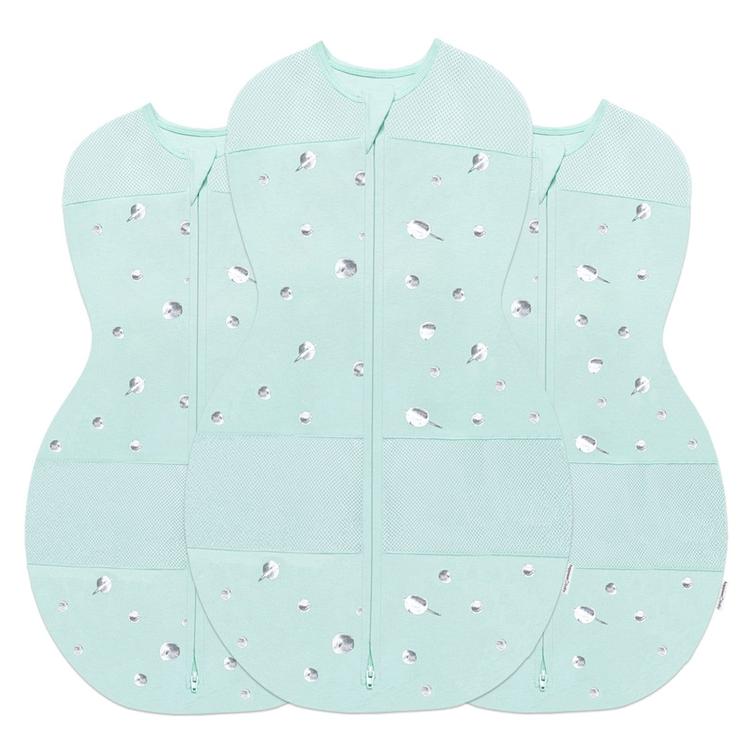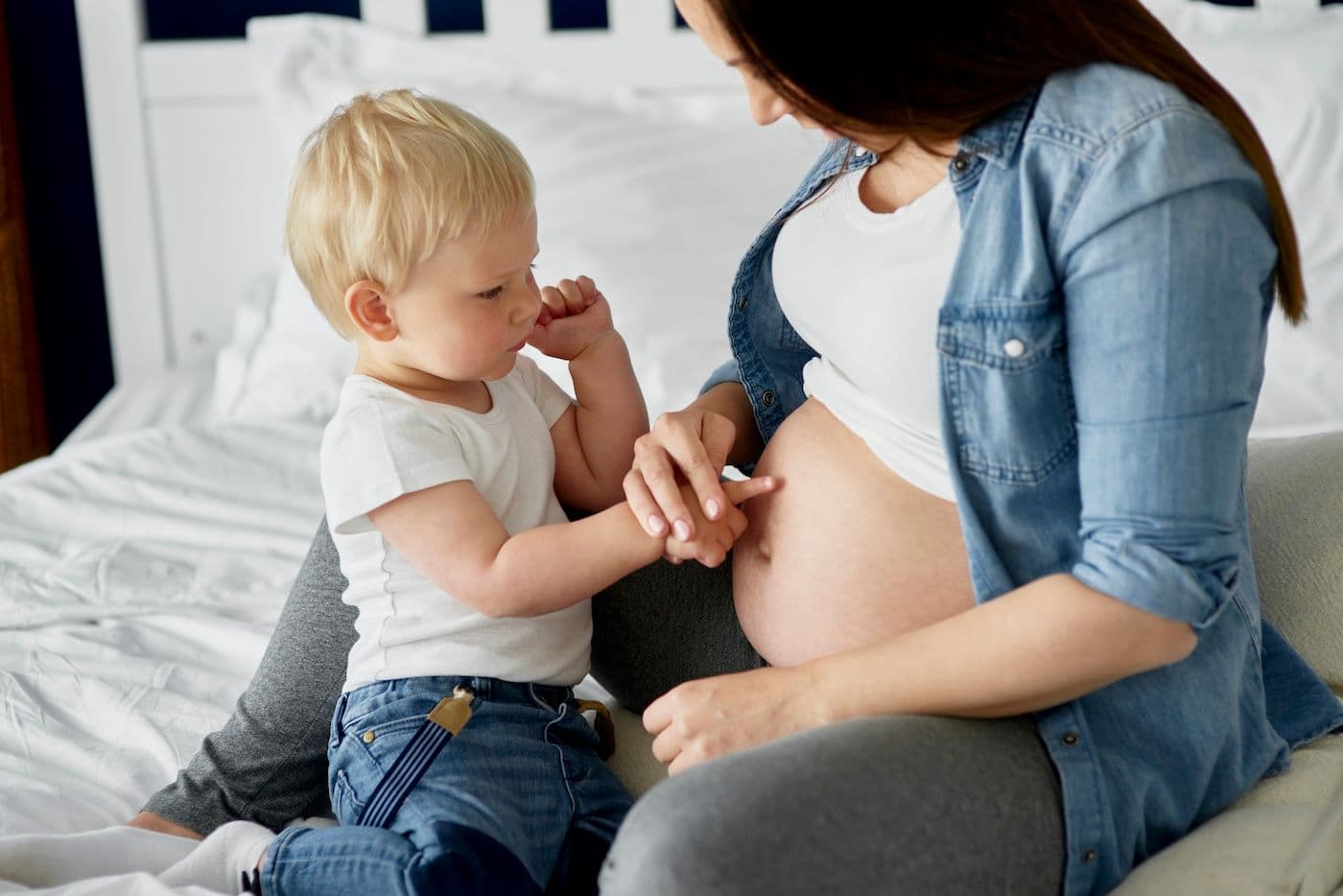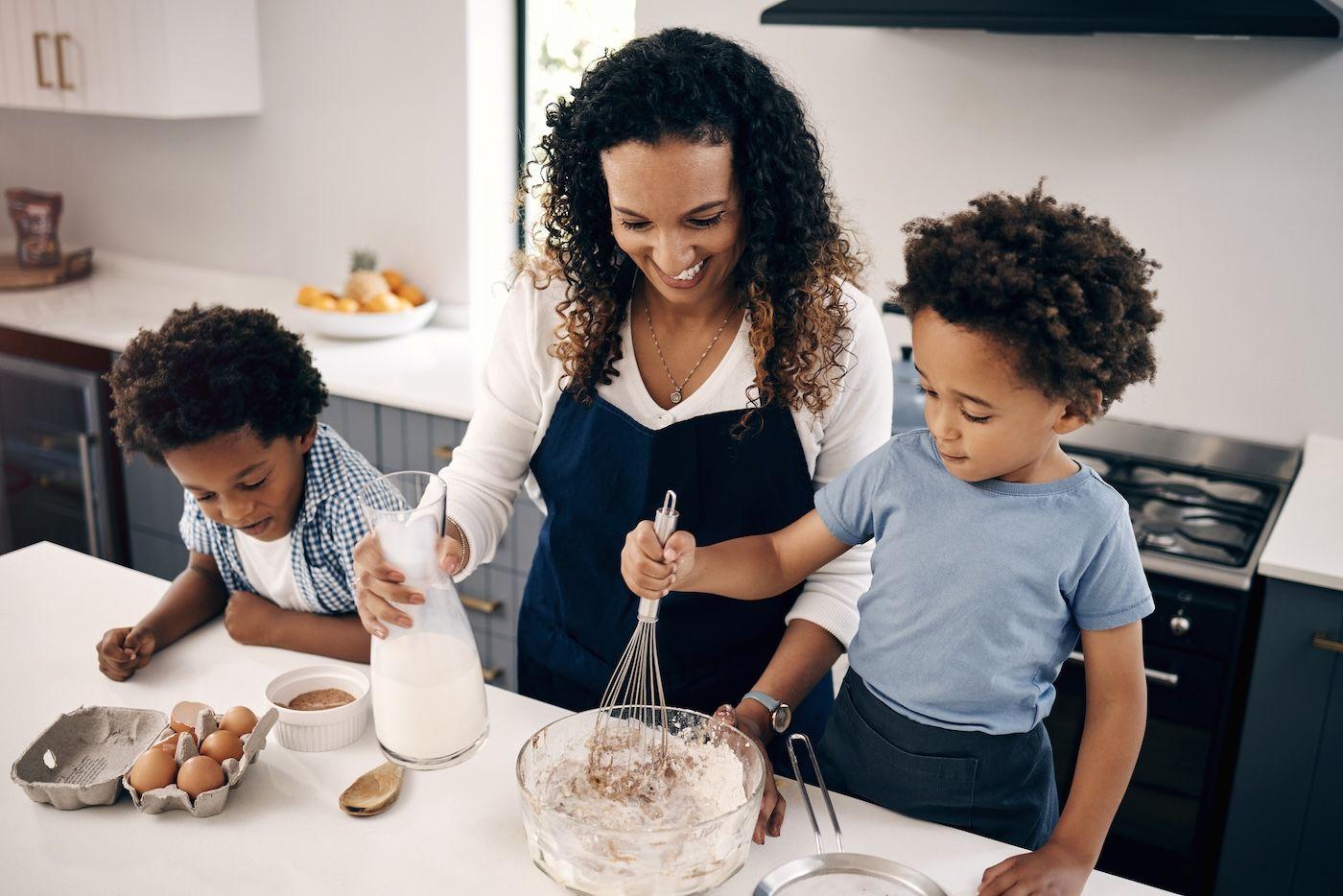TODDLER
How to Keep Your Cool When Your Toddler Pushes Your Buttons
A toddler’s actions can unleash our own strong, often irrational overreactions. Here is why toddlers push our buttons…and what to do about it.

Written by
Dr. Harvey Karp

“There are days when everything my boy does pushes my buttons. I end up feeling like I am one big button!”—Peter, dad of 3-year-old Andrew
Toddlers have a way of pushing our buttons. Their actions can unleash from within us strong, often irrational overreactions. Sometimes we get so angry we literally can not think straight or control what we say. And, the more stressed we get, the more we start acting like primitives ourselves.
What is the biggest reason we lose it with our toddlers? Their behaviour triggers demons from our past.
Here is what I mean: Our kids’ actions may release sudden waves of memory. Sometimes these can be wonderful. For example, watching your child lick the bowl may bring back a happy memory of you making cookies with your mum. But other times they can be deeply upsetting. Fragments of painful past experiences dwell inside us all, waiting for a catalyst to bring them to the surface again. For example, being slapped in the face by your 2-year-old may suddenly rekindle the anger you felt when you were slapped by your father (or, more recently, when you were insulted by a boss). If your child laughs when you accidentally spill soup down your shirt, that might bring back the deep hurt you felt when you were taunted by schoolmates or mocked by a sarcastic grandmother.
Often, we react without any specific memory of a similar situation. But if you feel a sudden surge of anger, hurt, or resentment, that is a pretty sure sign that your child’s action has tapped into some strongly upsetting early experience.
Making Peace With Your Past
Debby was proud to go out to dinner for Mother’s Day with her husband, Andy, and their 3-year-old twins, Sophie and Audrey. But her happiness turned to hurt when the girls started fighting over who would sit next to Andy: “I do not want Mummy! I want Daddy!” She unexpectedly felt the sting of rejection she remembered from when she was a child and kids on the playground would not let her join any of their games.
When we get mad or hurt, our rational left brain shuts down and the emotional right side takes over. That is why, in the heat of the moment, it is easy to forget that your toddler is not intentionally trying to hurt or humiliate you. Your toddler’s spitting, scratching, and defiance are just the primitive acts of an immature, uncivilised little person who has trouble controlling herself, and has not learned to anticipate—or care—how others feel.
A Better Response When Your Buttons Get Pushed
Sara Jane said, “The other day, I got so mad I threw the remote control and broke it. I had angry parents, and I am so afraid of losing my temper with Kimmie. But something inside me just snaps when she looks right at me and disobeys. It is like she is daring me to do something!”
No parent wants to scream at their toddler, but sometimes anger just erupts out of nowhere. I do not want you to ignore your feelings, but it is simply not okay to explode in front of your child. Your child cannot help acting like a caveman, but you can…and must. It is your responsibility to do your utmost never to lash out with physical violence or hurtful words.
Take a breath, forgive yourself (we all have old pains that make us overreact), and try to understand why you got so upset. Review the outburst in your mind or write it down in a journal. Anger may be the initial reaction to your child’s misbehaviour, but anger is usually just a shell that covers our deeper feelings, like fear, hurt, shame, or betrayal.
Try to find the hurt that is under your anger. Your daughter’s words or actions might have made you mad, but she is not the one who hurt you in the past. Can you recall an early experience that triggered similar feelings? Remembering will allow you to use your adult ability to analyse these feelings and put them in proper perspective.
Once you realise which feelings lie beneath your anger, spend a minute to realise how unfair it was for you to have been treated in that way when you were a child. But you will be a happier person, and a better parent, if you can forgive those who caused you pain. Make your peace, let go of the past, and savor the present.
Those are the first healthy steps to parenting thoughtfully instead of reactively.
How to Keep Your Cool When Your Toddler Pushes Your Buttons
So, what should you do when your toddler does something that makes your blood boil? Here are a few options:
- Scowl, clap your hands hard a few times, and make a rumbly growl. Then, sternly say, “No!” (Read more on the clap-growl technique here.)
- Turn away for 30 seconds and take some deep breaths —I call this Magic Breathing. (Learn how SNOObie can help.)
- Put your child in a safe place, then go punch the mattress or scream into a pillow.
And if you find yourself getting flaming mad over and over again, here are some smart strategies to help you keep your cool:
- Talk about your painful feelings and memories with someone you trust.
- Get more help at home or put your toddler in Pre-Prep.
- Do not spread yourself thin. Look for ways you can lighten your load a little.
- Plan some fun little treats every day (even if it is just a 10-minute break for reading a magazine).
- Get more sleep.
- Ask your doctor or spiritual counselor about support groups and other resources. Or take a look at some of these virtual mental resources here.
And if you do lose your temper with your child, use it as an opportunity to “turn lemons into lemonade.” Apologise as soon as you cool down. Then, later in the day, take a moment to calmly talk about how you wish you and she had behaved, and remind her that you will have plenty of chances to practice getting it right and that your love is way stronger than anger.
Disclaimer: The information on our site is NOT medical advice for any specific person or condition. It is only meant as general information. If you have any medical questions and concerns about your child or yourself, please contact your health provider. Breastmilk is the best source of nutrition for babies. It is important that, in preparation for and during breastfeeding, mothers eat a healthy, balanced diet. Combined breast- and bottle-feeding in the first weeks of life may reduce the supply of a mother's breastmilk and reversing the decision not to breastfeed is difficult. If you do decide to use infant formula, you should follow instructions carefully.
SHARE THIS ARTICLE
PARENT PICKS
Bestsellers
